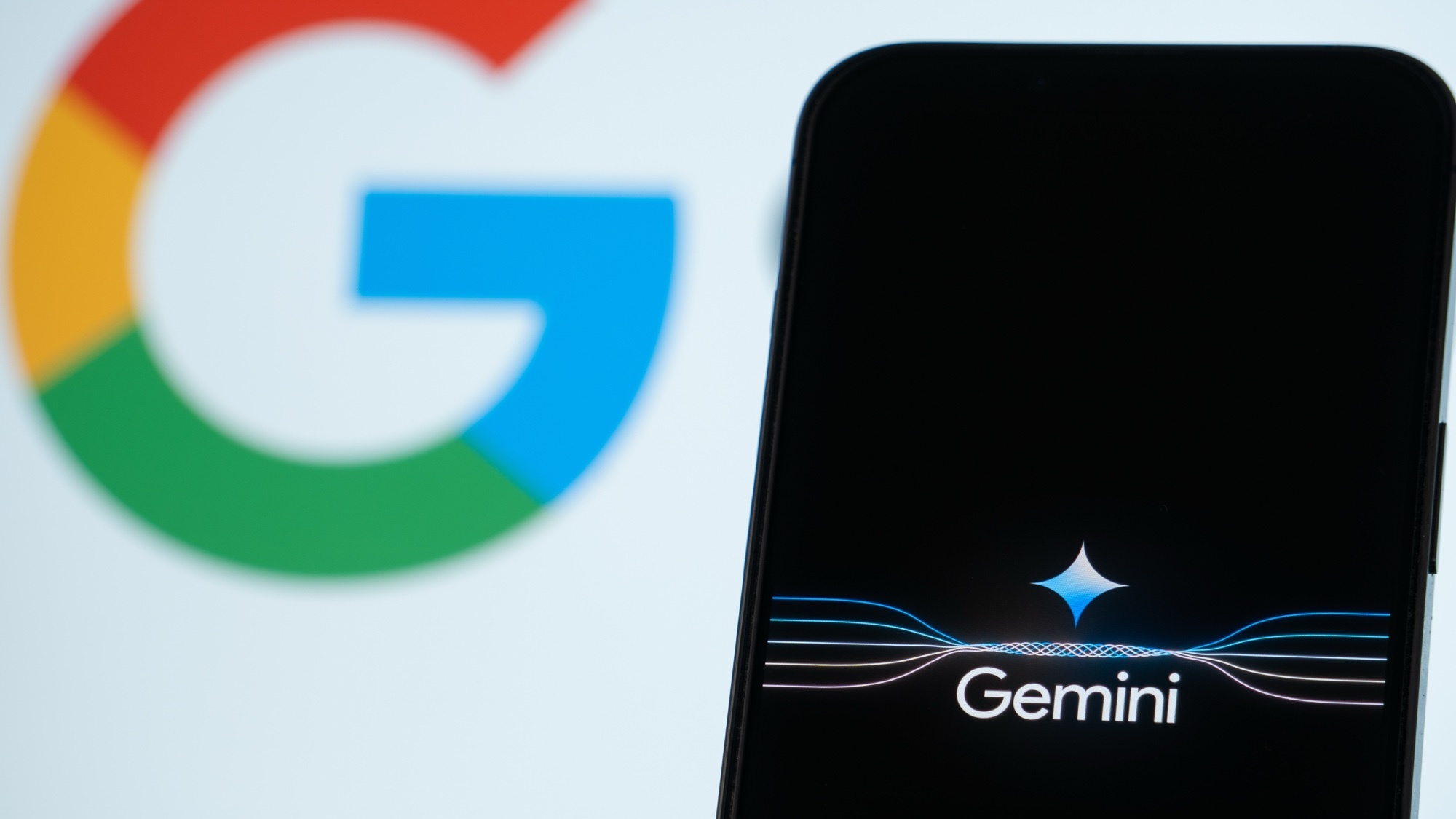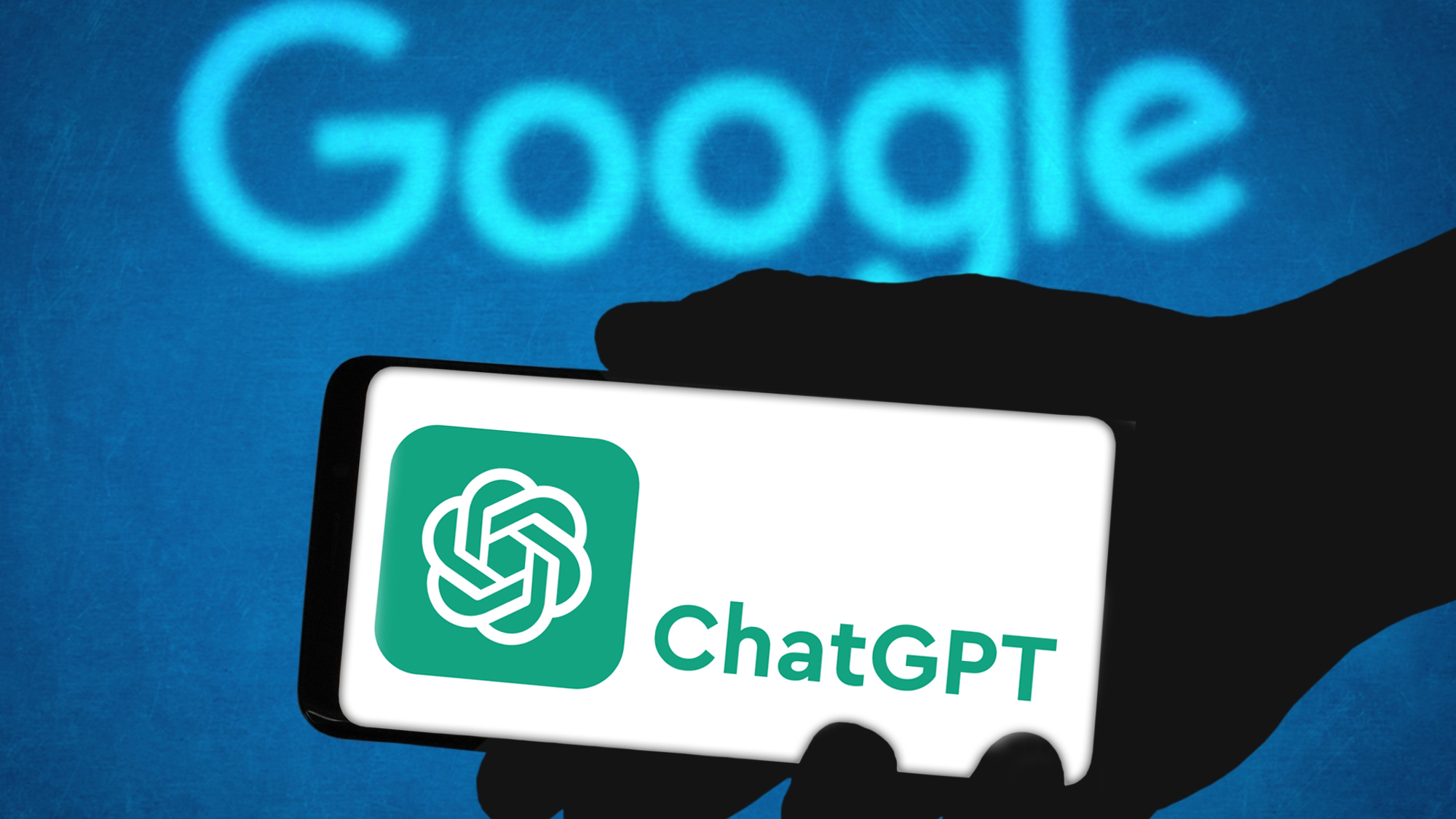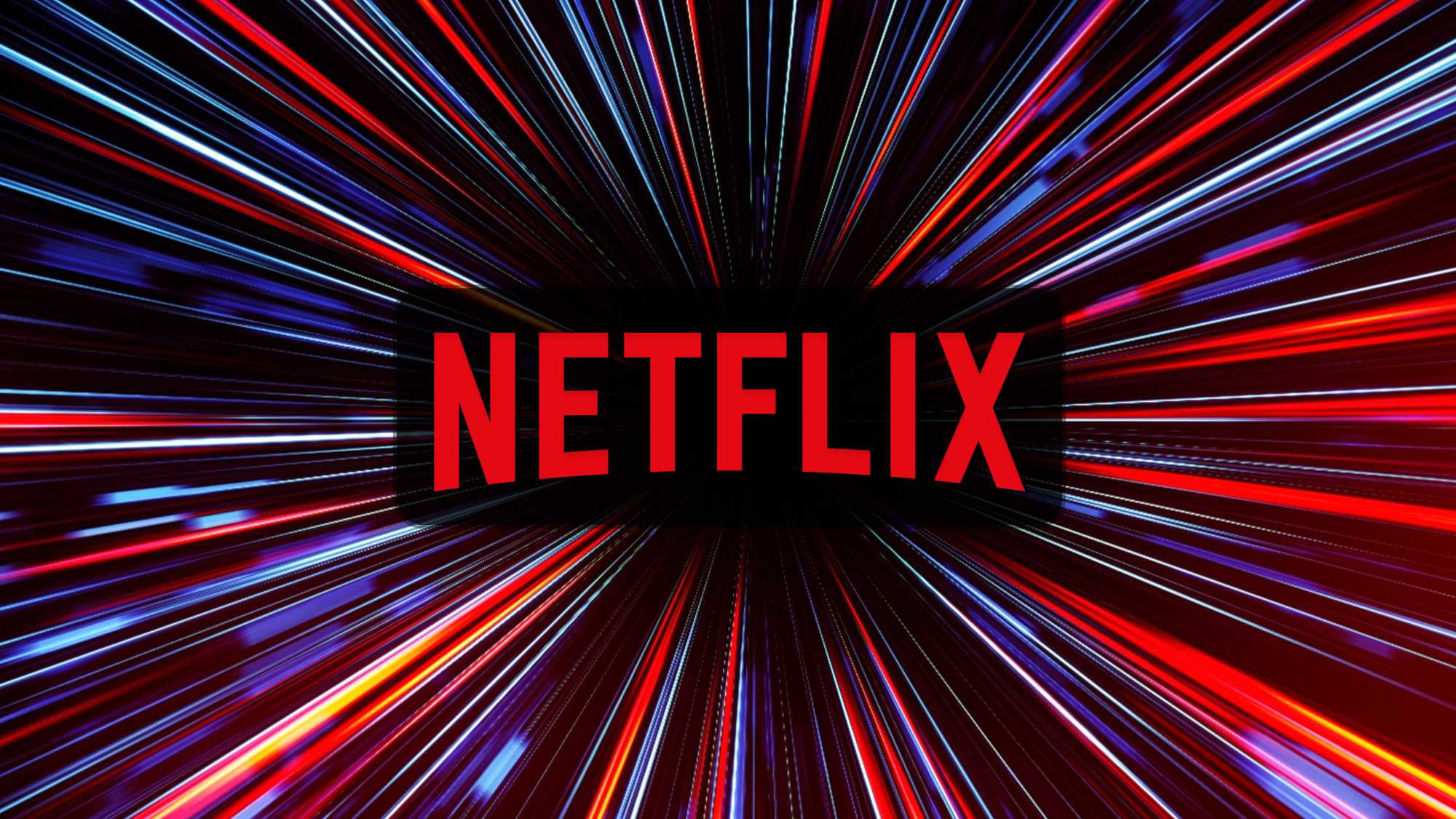Google Gemini adds new image-editing tools — here's what they can do
Gemini advances its AI images even further

Google is bringing a new update to the Gemini AI app, allowing users to directly modify either AI-generated images or ones directly uploaded from their device.
This feature will begin rolling out gradually. It is expected to make its way to most countries, getting support for over 45 languages.
“We’re rolling out the ability to easily modify both your AI creations and images you upload from your phone or computer,” said David Sharon, Group Product Manager for Gemini apps, in an announcement blog.
“You can change the background, replace objects, add elements, and more. For example, you can upload a personal photo and prompt Gemini to generate an image of what you’d look like with different hair colors.”

Google originally tested out an image-editing model in its AI studio back in March. This is now the final product available to the public.
The company says this new version offers a more advanced approach to image editing, allowing you to change the background, replace objects, add elements and more.
You could ask Gemini to create a first draft of a bedtime story about dragons and provide images to go along with the story
This could mean asking Gemini how you would look in different outfits or putting you on a different background.
Get instant access to breaking news, the hottest reviews, great deals and helpful tips.
Google also stated that this change allows for better contextual editing of your prompts with text and images integrated.
“For example, you could ask Gemini to create a first draft of a bedtime story about dragons and provide images to go along with the story,” Sharon said in the blog post.
This kind of technology raises an obvious concern that has been linked with AI from the start. This technology can be used to create deepfakes or edit images of real people in questionable ways.
In an attempt to get around this, Gemini will add an invisible SynthID digital watermark to any image created or edited via this tool. They are also experimenting with adding a visible watermark on all images generated by Gemini.
Following in the footsteps of ChatGPT

This same feature was added to ChatGPT in March of this year. While it was originally locked behind a $200 monthly plan, OpenAI later made it available to all plans with limits on usage.
While it is currently unclear what this will cost with Gemini, a recent leak suggests that the Google AI model could see a change in the way its plans work. In this case, we could see the most advanced features behind a more expensive paywall.
There have been no announcements from other AI chatbots, but this technology will likely begin to do the rounds in the near future.
More from Tom's Guide
- I use ChatGPT to plan all of my vacations — 5 essential prompts to try
- Get started with Hume AI — how to set up voices and talk naturally
- I use DeepSeek every day — 7 prompts I can’t live without

Alex is the AI editor at TomsGuide. Dialed into all things artificial intelligence in the world right now, he knows the best chatbots, the weirdest AI image generators, and the ins and outs of one of tech’s biggest topics.
Before joining the Tom’s Guide team, Alex worked for the brands TechRadar and BBC Science Focus.
He was highly commended in the Specialist Writer category at the BSME's 2023 and was part of a team to win best podcast at the BSME's 2025.
In his time as a journalist, he has covered the latest in AI and robotics, broadband deals, the potential for alien life, the science of being slapped, and just about everything in between.
When he’s not trying to wrap his head around the latest AI whitepaper, Alex pretends to be a capable runner, cook, and climber.
You must confirm your public display name before commenting
Please logout and then login again, you will then be prompted to enter your display name.
 Club Benefits
Club Benefits















